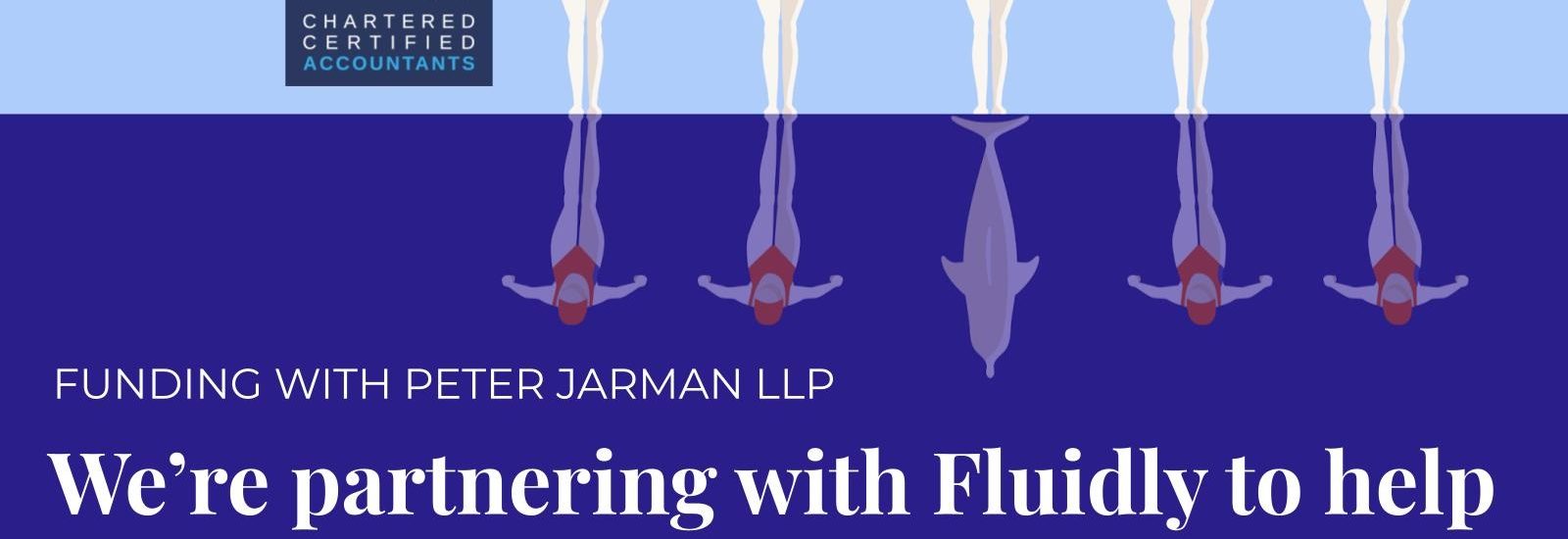CIBLS Loan Deadline
Act now: Why you should secure a CBILS before it’s too late
The deadline to apply for the Coronavirus Business Interruption Loan Scheme (CBILS), is approaching once more – and this time it seems to be final.
Businesses have until 31 March 2021 to start their application.
2021 is still looking extremely challenging for businesses, and the scheme could provide some much-needed relief for your small firm, or help ensure you’ve got a reserve of cash for potentially tough times as the pandemic’s disruption lingers on.
With time running out, read our five reasons why you really should apply below.
No up-front costs
Borrowing money sometimes involves fees, either up-front or at some point during the process. And as you start to pay back a loan, this also includes the interest, so even the initial stages of securing funding can cost your business a fair amount of money.
CBILS is unique in that there’s no interest or fees to pay for a year, which has made the scheme so compelling to so many businesses. What’s more, with lenders like iwoca and Funding Circle, you don’t have to repay the CBILS loan at all for the first 12 months.
The government makes a Business Interruption Payment to cover the first 12 months of interest payments and any lender-levied charges. But you, as the borrower, still remain 100% liable for the debt.
Give yourself a safety net (with no early redemption fees)
Even if your business isn’t in dire need of cash right now, due to its favourable terms, a CBILS could provide you with a safety net (or emergency fund) to ensure you’re in the best position possible as we face more uncertainty.
With no upfront payments for recipients, and no obligation to keep it beyond the interest-fee period, it’s a sensible option to provide you with access to a cash reserve. You also have the option to settle the loan early with no redemption fee, so if your trading is good and you know for sure you won’t need it, you can always clear the loan.
Broad eligibility criteria
While CBILS had some teething problems during the early days of the pandemic, it has been expanded to make it accessible to more businesses. For instance, if you borrow less than £250,000 you won’t be asked to provide a personal guarantee.
Eligible businesses must have an annual turnover of no more than £45m, a viable borrowing proposal and be able to self-certify that the business has been adversely impacted by coronavirus. Even if your business was classed as a “business in difficulty” before the pandemic you can still apply, but the amount you can borrow is capped at £30,000.
The scheme is open to most industry sectors, aside from banks, insurers and reinsurers (but not insurance brokers), along with public-sector bodies and state-funded primary and secondary schools
The range of funding products available
CBILS isn’t just about traditional business loans. Other types of funding products are also available, namely overdrafts, invoice finance and asset finance.
Plus you can still apply for CBILS even if you’ve already taken out a Bounce Back loan, meaning you can refinance existing funding and borrow additional money at a competitive rate.
So, whether you need finance to bridge the gap while you wait for invoices to be paid, money to cover the purchase of new equipment, or something else entirely, there’s a range of funding options to suit your business needs.
We’ve taken a closer look at five of the key funding options you might consider, to help you understand what different types of finances are best used for and what’s right for your business.
You can choose from a wide range of lenders
Even as CBILS draws to a close, new and innovative lenders are still being added to the scheme.
In fact, more than 90 lenders have been accredited for CBILS, including high street banks like HSBC, Barclays and NatWest, asset-based lenders like Aldermore and alternative lenders like Funding Circle, iwoca and MarketFinance.
From traditional lenders to more innovative, up-and-comers, each lender brings different benefits to the table. While a high street bank might feel more familiar, alternative lenders can make quicker decisions and may be less stringent.
If you’re looking to take advantage of CBILS, we can help you make sense of your options. Applying for a loan with Fluidly takes away the hassle and gives you more choice – all at no extra cost. It’s just one simple, easy application.
See your options in 30 seconds here








